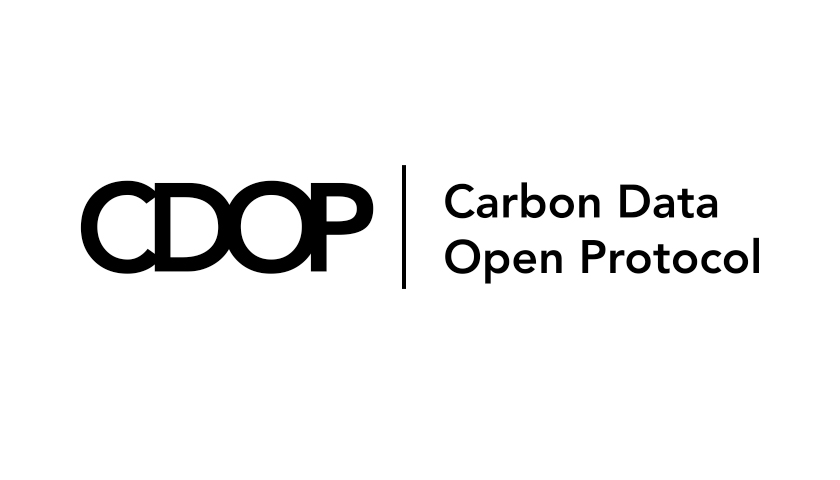Barclays publishes leading approach to assessing nature-related financial risks of large financial portfolios and outlines pragmatic steps to drive progress. Understanding of nature-related risk and how to include it in economic and financial modelling is nascent. To make progress, Barclays is seeking to drive forward an industry-wide conversation and, in a new publication, Navigating Nature Risk: Applying the TNFD’s LEAP framework, details how it has leveraged the Taskforce on Nature-related Financial Disclosure’s Locate, Evaluate, Assess and Prepare Framework (LEAP). Focusing on a sample of mining and European power companies, Barclays…
Search Results for: results
New report maps out key paths for building more resilient agricultural supply chains
A new Ceres report reveals four important takeaways for companies and financial institutions on the current opportunities and barriers to scaling sustainable and resilient agricultural practices in corporate supply chains. Notably, the new report, Cultivating Resilience: A Primer on Corporate Investment in Agricultural Supply Chains, shows many of the largest companies are already acting – working with farmers and ranchers to adopt more resilient practices. However, Ceres finds that more participation at greater scale is needed to transition the sector and reap the most benefits from action. Ceres’ analysis…
Barclays unveils approach to navigating nature-related financial risk
Barclays publishes leading approach to assessing nature-related financial risks of large financial portfolios and outlines pragmatic steps to drive progress. Understanding of nature-related risk and how to include it in economic and financial modelling is nascent. To make progress, Barclays is seeking to drive forward an industry-wide conversation and, in a new publication, Navigating Nature Risk: Applying the TNFD’s LEAP framework, details how it has leveraged the Taskforce on Nature-related Financial Disclosure’s Locate, Evaluate, Assess and Prepare Framework (LEAP). Focusing on a sample of mining and European power companies, Barclays…
How climate policy can be made socially just and enforceable worldwide
A model study now explores how carbon pricing with redistribution can help the energy transition and the climate worldwide, while increasing welfare and reducing economic inequality – which is important for enforceability. According to the study, good results would be achieved by a globally uniform carbon price paired with moderate financial transfers to poorer countries, or by a carbon price differentiated by country with domestic revenue recycling. The study was co-authored by the Potsdam Institute for Climate Impact Research (PIK) and published in the top journal Proceedings of the National…
Carbon Data Open Protocol (CDOP) Coalition Unveils Open-Source Data Model at Climate Week NYC to Facilitate and Scale Carbon Markets
Last month at Climate Week NYC a growing coalition of carbon market participants announced the release of Version 1.0 of the Carbon Data Open Protocol (CDOP) structure to help facilitate and scale carbon markets by standardizing rules and definitions that describe carbon crediting projects and carbon credits across markets, geographies, and activity types. The new structure provides a collaborative, cross-industry schema for project location, project details, and project approach. This CDOP Version 1.0 structure, with its harmonized data schema, marks a critical breakthrough in addressing data fragmentation that has hindered the carbon market’s…



